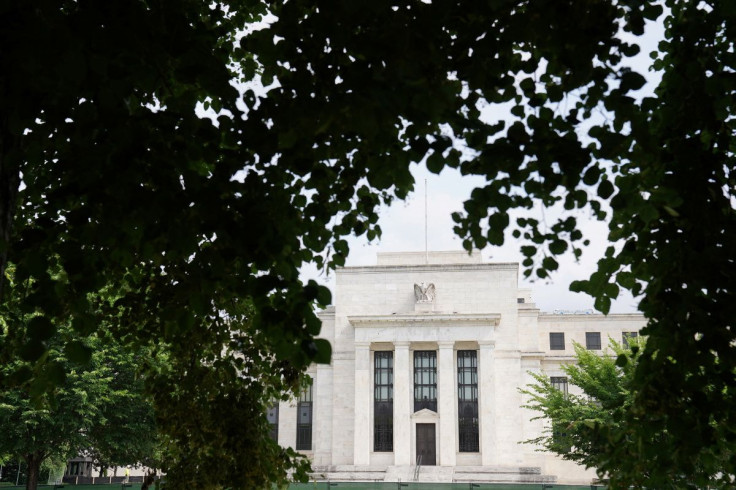Fed's Waller Backs 75-basis-point July Rate Hike, May Support Bigger Move

Federal Reserve Governor Christopher Waller said on Thursday he supports another 75-basis-point interest rate increase at the U.S. central bank's policy meeting later this month, but would lean toward a larger hike if incoming data shows demand is not slowing fast enough to bring inflation down.
The Fed "is now, and must be, utterly focused on moving inflation down toward our 2% target," Waller told the Rocky Mountain Economic Summit in Victor, Idaho. "I am going to vote to set policy in a manner that will reduce inflation and achieve our price stability goal."
After a Labor Department report on Wednesday showed consumer prices rose at an annual 9.1% pace in June, traders swiftly priced in a 100-basis-point rate hike for the Fed's July 26-27 meeting.
Waller said that even with that "major league disappointment" of a report in hand, his base case for the July meeting is for a repeat of last month's 75-basis-point rate increase.
Waller said that doing so would put the Fed's target rate in a range of 2.25% to 2.50%, around his estimate of the neutral rate, which is the level of borrowing costs that neither stimulates nor curbs economic growth economic.
After Waller's remarks, traders of futures contracts tied to the Fed's policy rate reduced their bets for a 100-basis-point hike, but retained their overall expectation of a large rate increase this month, followed by further, smaller rises over the rest of the year.
Waller said he would "lean towards a larger rate hike" in this month if retail sales and housing data due out before the meeting come in stronger than expected.
Rate hikes beyond July will depend on the data, he said, adding that he would support restricting demand with further rate increases until core inflation, excluding volatile food and energy prices, starts to fall.
Because the labor market is very strong and data does not show signs of it weakening, he said a "soft landing" for the economy is "very plausible" and a recession can be avoided.
© Copyright Thomson Reuters 2024. All rights reserved.



















